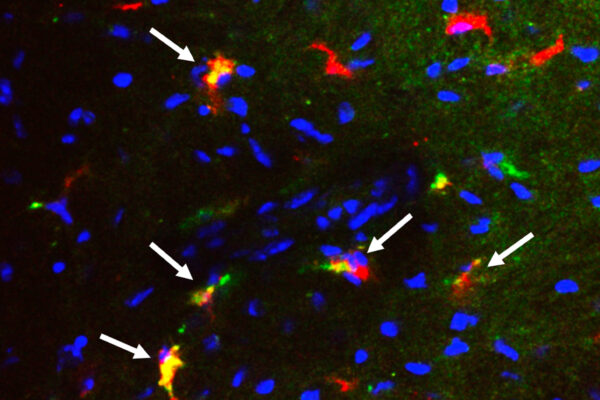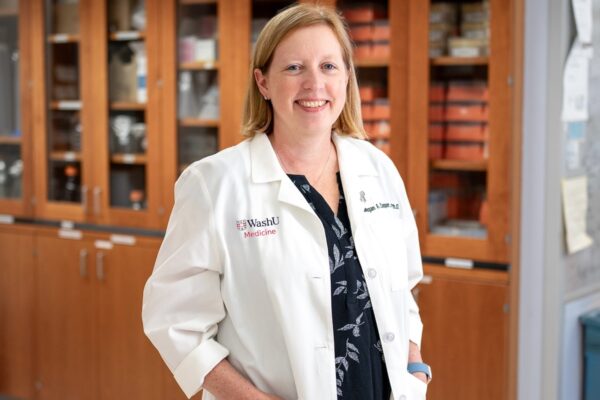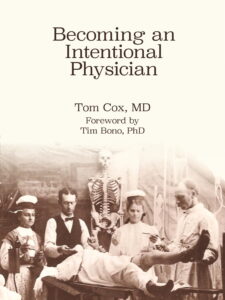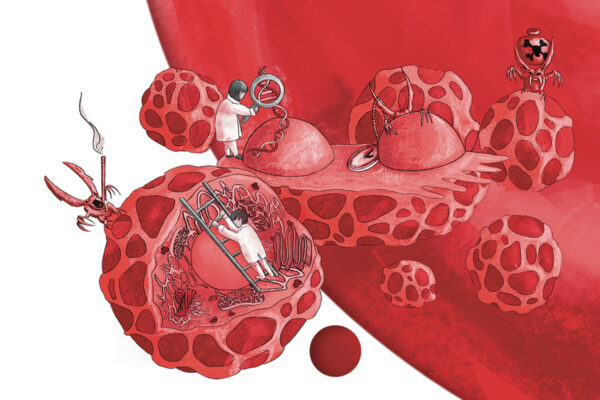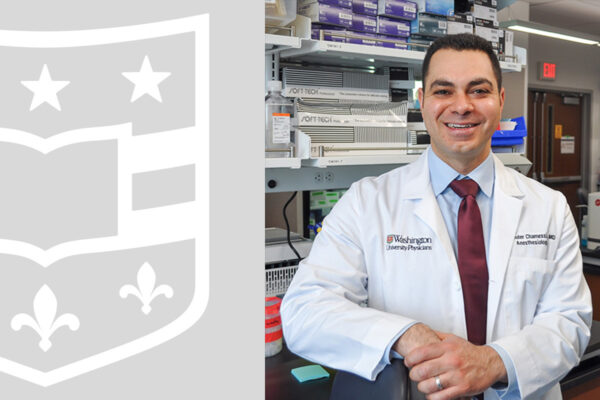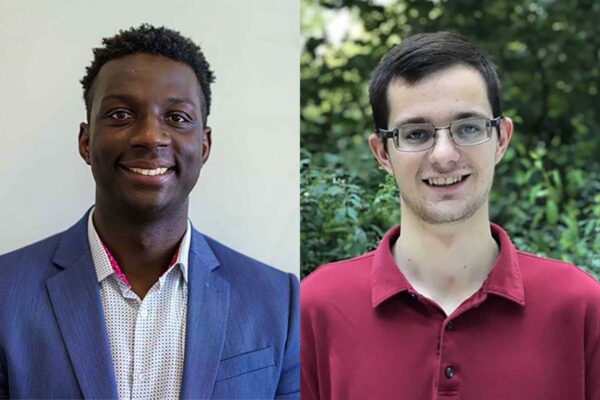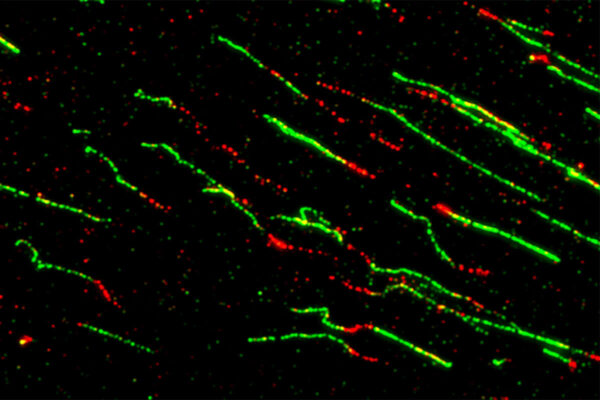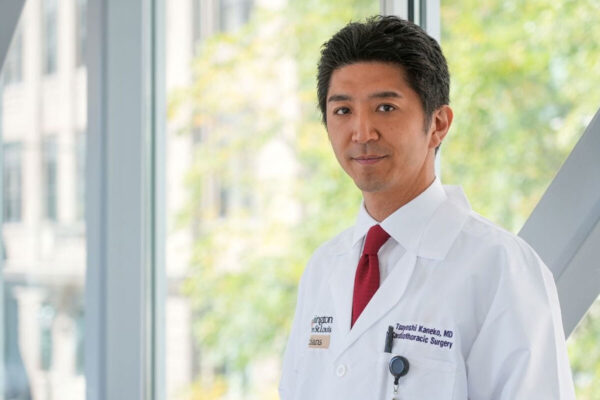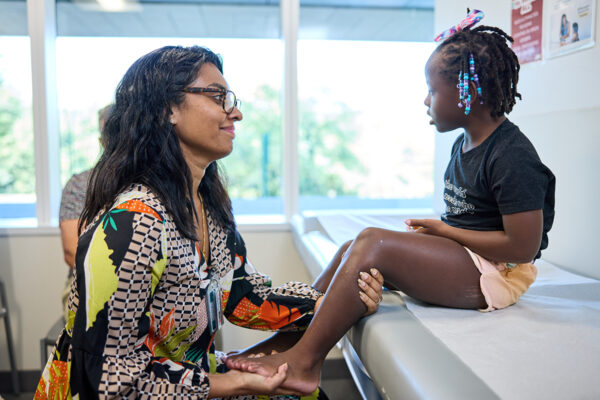Cells from the spleen play surprising role after heart attack
A new study in mice by WashU Medicine researchers identifies a possible strategy for cardiac immunotherapy that could boost beneficial immune cells that, surprisingly, travel from the spleen to the heart and orchestrate healing after a heart attack.
Research explores genetics underlying immune system disorders
WashU Medicine researchers have received a $12.4 million grant from the National Institutes of Health (NIH) to study novel genetic causes of immune disorders.
Becoming an Intentional Physician
A comprehensive roadmap for medical professionals rooted in the core values and attributes that are foundational to the practice of medicine.
Genetic study suggests ways to catch blood cancer earlier
In a new study, WashU Medicine researchers shed light on how newly acquired mutations in blood stem cells interact with mutations passed down by parents to influence a person’s lifetime risk of developing blood cancer. The findings could inform early detection and prevention strategies.
Chamessian named Rita Allen Foundation Scholar
Alexander Chamessian, MD, PhD, an assistant professor of anesthesiology at WashU Medicine, was one of two early-career leaders chosen for this year’s Rita Allen Foundation Scholars Award in Pain.
Saintilnord, Reynolds named exceptional early-career research fellows
WashU Medicine postdoctoral researchers Wesley Saintilnord and Matthew Reynolds have been named Jane Coffin Childs Fellows. The fellowship is designed to support the most promising postdoctoral scientists as they seek to advance research into the causes and treatments of human disease.
How breast cancer drugs exploit genomic fractures in tumors
A new study from WashU Medicine researchers identifies possible ways to make cancer drugs called PARP inhibitors more effective, including potential strategies to re-establish their effectiveness in tumors that develop resistance to this treatment.
Kaneko named director of cardiothoracic surgery
Tsuyoshi Kaneko, MD, a clinical innovator who has developed new devices and techniques for heart valve surgeries, has been named the new director of the Division of Cardiothoracic Surgery in the Department of Surgery at WashU Medicine.
New method more accurately assesses movement disorder in children
A new WashU Medicine study led by Bhooma Aravamuthan, MD, DPhil, identifies a standardized way to assess leg dystonia, a painful movement disorder that commonly affects children with cerebral palsy.
Yi’s research soars with Eagles Autism Foundation
A WashU Medicine neuroscientist and fan of the Philadelphia Eagles, Jason Yi, has received a $400,000 grant to study autism spectrum disorder from the football team’s foundation.
Older Stories
